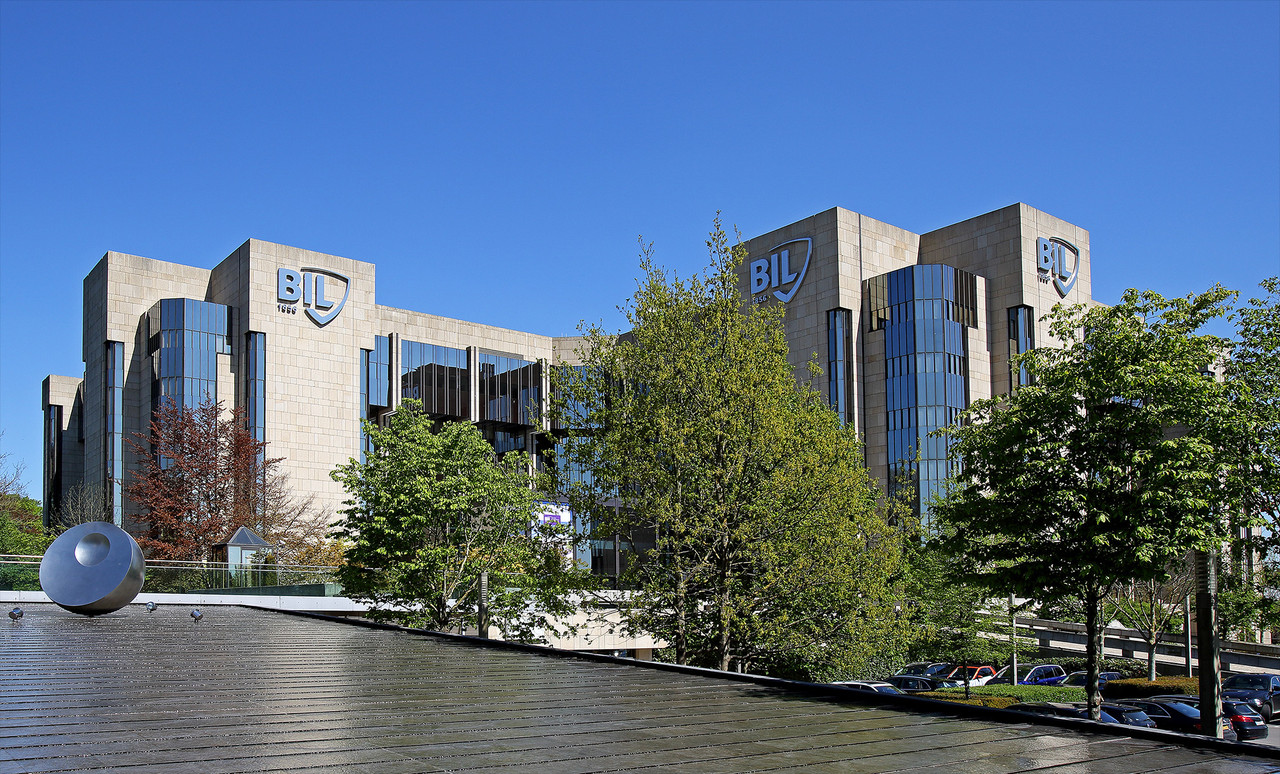Published on 31 March by BIL, its results show a 34% increase in comparison to 2020. The bank credits its transformative 5-year strategy implemented in 2020 as well as major investments in its operations and talents. According to a press release, a new core banking system--soon to be implemented--as well as additional staff recruitment efforts and investments in regulatory requirements cost the group €442m, a 6% increase in expenses in comparison to the year before.
Despite the return of inflation, and other economic issues such as worldwide shortages and supply-chain bottlenecks, the bank managed to grow its gains. For this, it credits its “increased focus on its core businesses and markets” as well as a partial sale of BIL’s stake in the Luxembourg markets, gains from its investment portfolio, and the dynamism of commercial activities.
Read also
Its assets under management, with €45.9bn, also grew by 5.2%, as did customer deposits (€20.7bn, 4.6%), customer loans (€16.3bn, 6.1%), and its total revenues (€632m, 15%). , the bank’s CEO stated: “This performance acknowledges our long-term commitment towards our retail, private and corporate banking clients, and it confirms our major role in financing the economy.”
Looking to the present and future, the bank also acknowledged that, while its exposure to Russia is relatively small (0.3% of total exposures at the end of 2021), the impact on its corporate and individual clients--due to the energy price surge--left questions on future consequences. However, BIL said: “Amidst this challenging environment, agility, adaptability and focus will remain paramount.”
